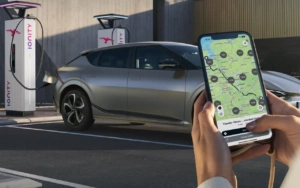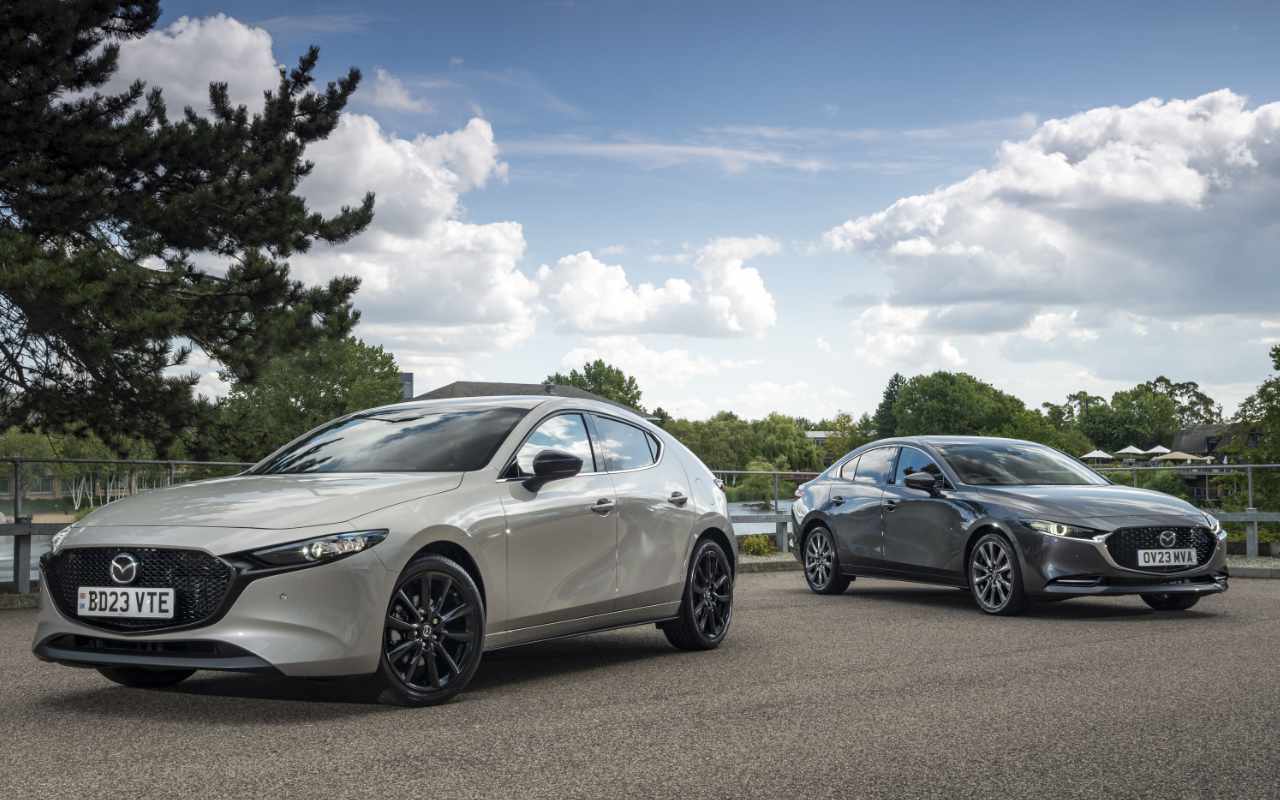
ACCORDING to the 2023 Arval Mobility Observatory Barometer, almost a third of companies (29%) expect to see growth in the number of vehicles they operate during the next three years.
The primary reason cited by decision makers predicting an increase in fleet numbers is that their company is expanding – mentioned by 76% – but human resource-related needs (28%) and plans to offer vehicles to employees under salary sacrifice schemes (25%) are also important factors.
While slightly down on previous years, the fact that almost a third of UK fleets are expecting growth in car and van numbers over the next three years feels quite significant. Overall, just 5% of those surveyed are forecasting that fleet sizes will fall, which is less than in 2022’s research findings, and considering all that the fleet sector has had to handle in recent years – from the pandemic to production shortages – this underlines its resilience and core position in business transport.
Shaun Sadlier, head of Arval Mobility Observatory in the UK
He pointed out that there were, however, notable variances in growth rate forecasts when it came to UK businesses of different sizes.
Shaun (pictured above, right) said:
“There is greater optimism among smaller companies, our research shows. While 16% of organisations with more than 1,000 employees predict growth, 26% of those with fewer than 10 employees expect an increase in their fleet size.”
He also commented that further positivity could be seen in the research’s international comparison, where the UK’s growth forecast of 29% of companies was higher than both the European average of 23% and the global average of 27%.
“Looking at specific reasons why UK fleets expect to see growth – such as expanding or planning new activities, employee attraction and retention, salary sacrifice arrangements and car sharing – it is clear that predictions of higher fleet numbers are being prompted by an ever wider range of factors.
“Also, although it is not explicitly stated as a reason, the continued favourable tax benefits on electric vehicles is almost certainly a strong underlying reason, fuelling these increases through company car and salary sacrifice arrangements.”
Arval Mobility Observatory is an annual fleet barometer, with analysis based on interviews with more than 8,600 decision-makers across 30 countries and a range of sectors. This could be anything from one-vehicle companies to fleets in the thousands, with findings broken down for UK trends such as electrification, vehicle supply, and salary sacrifice.

Broker News Newsletter 30 April 2024
Catch up on the latest leasing broker news in the 30 April 2024 Broker News newsletter

April 2024 used market volumes rise as seasonal trends return reports cap hpi
In a return to seasonal norms, April used car market saw average car values at the three-year, 60,000-mile point, according to cpa hpi

UK fleets show optimism: growth expected despite economic challenges
Thirty-eight percent – nearly two in five UK car and van fleets – are predicting growth in the number of vehicles they operate

Alpha Contracts Leasing celebrates 27 years in business
Leasing broker Alpha Contracts Leasing has just celebrated 27 years trading – set up in 1997 by co-owners Lynette Randall and Samantha Miles

Select Fleet Solutions – Eton celebrates 25 years
Select Fleet Solutions – Eton Office, formerly Benchmark Leasing, is celebrating 25 years in the leasing broker sector

Wessex Fleet chooses MotorComplete broker platform for ARs
Wessex Fleet has selected the MotorComplete broker platform to provide websites for the Wessex Appointed Representatives (ARs)




